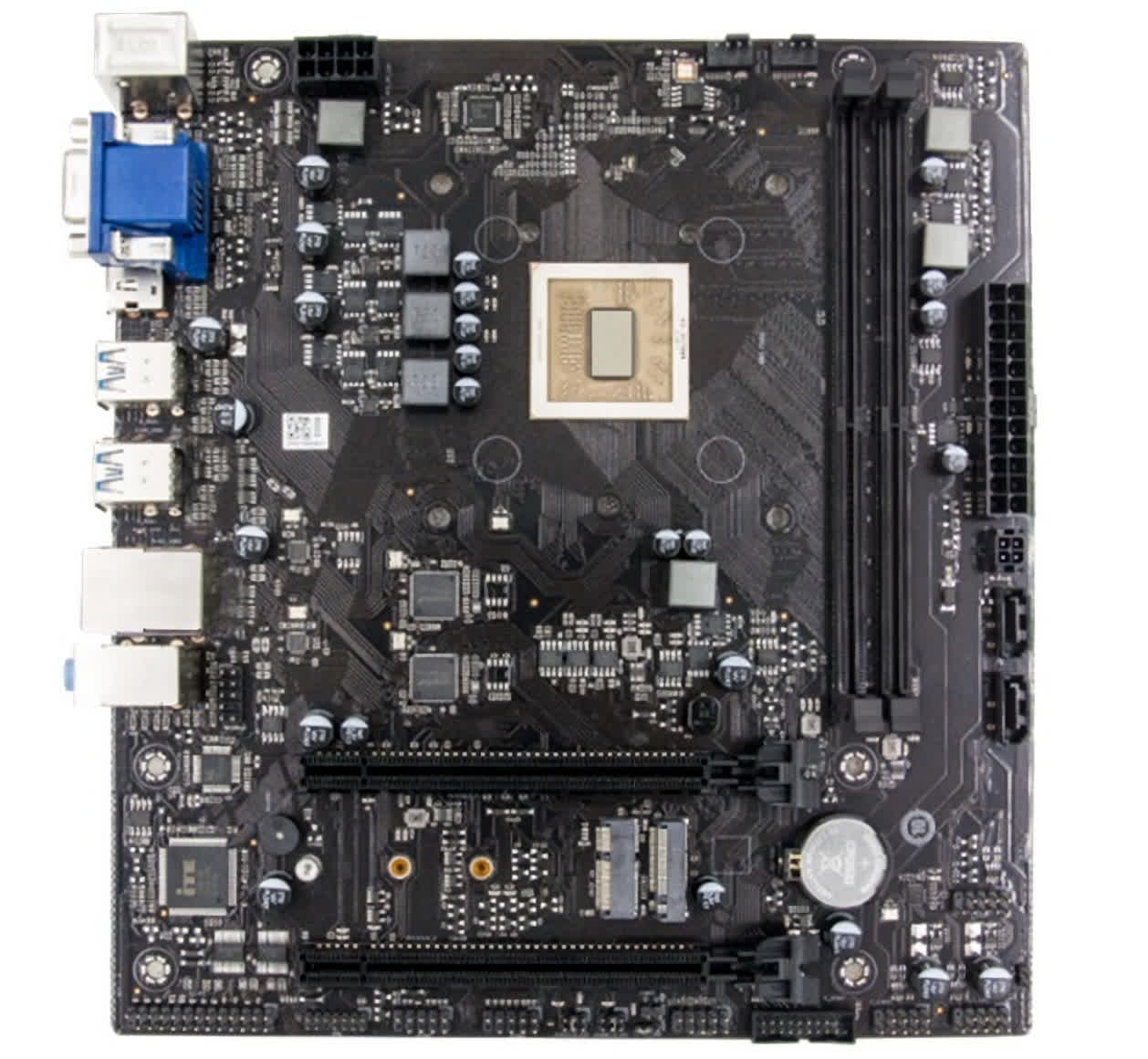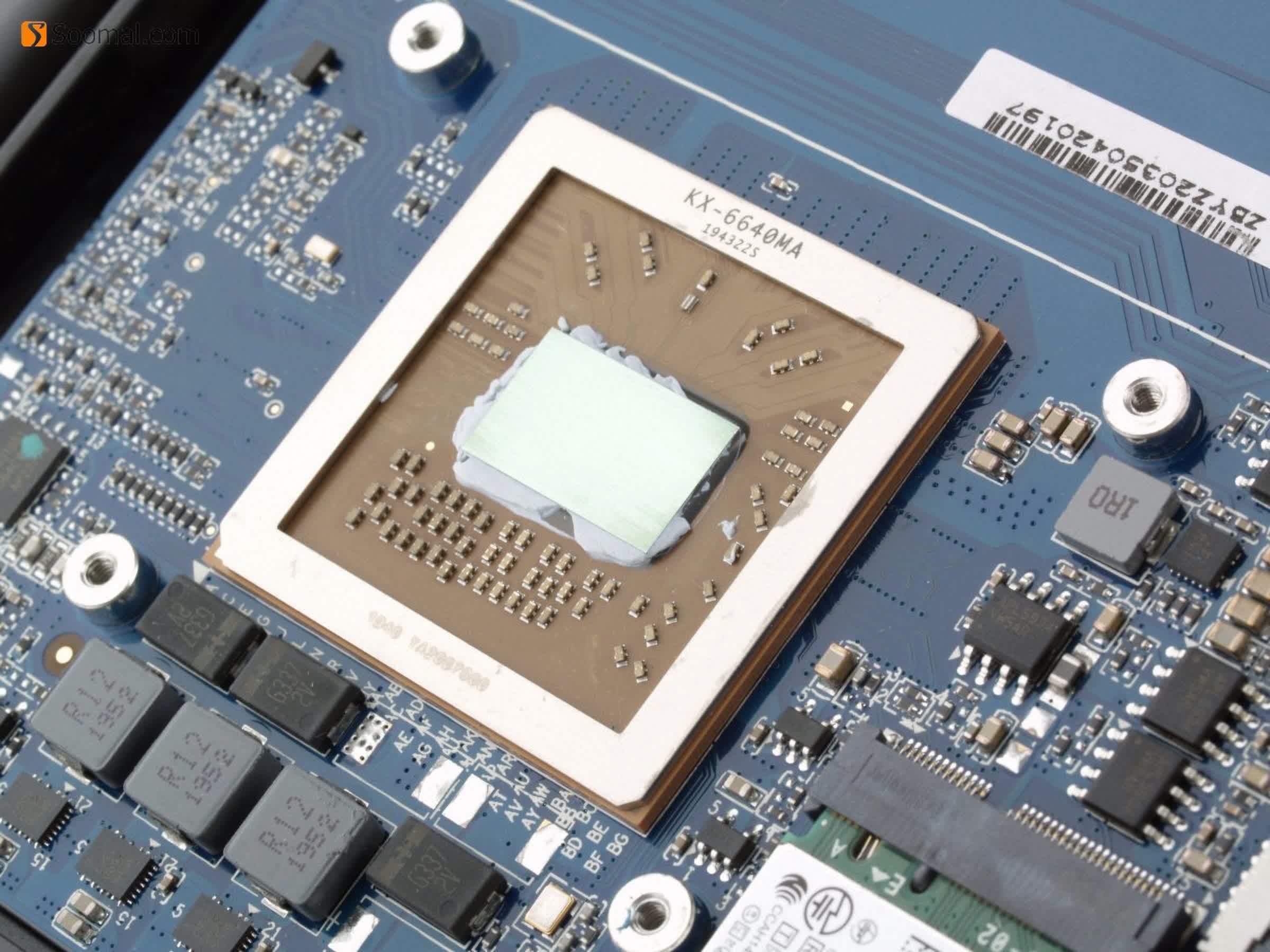What just happened? A company has announced it will start selling motherboards with Chinese Zhaoxin KaiXian KX-6640MA chips preinstalled in Russia to fill the semiconductor void left by recent sanctions. These might get used in simple office PCs but won't be able to replace Western-designed CPUs in any workloads demanding high performance.
Ever since AMD, Intel, IBM, and other semiconductor companies stopped sales to Russia, the country has been having a hard time sourcing the chips needed to keep essential government systems operational.
This situation has forced them to start allowing bootleg tech imports and reusing components from household appliances. Russia is also planning to manufacture chips locally, but that could take years.
Electronics company Dannie has reportedly come up with a temporary solution, using Chinese-designed Zhaoxin KaiXian KX-6640MA system-on-chips on their MBX-Z60A motherboards.
The eight-core KX-6640MA has a frequency of up to 2.7 GHz, an integrated GPU, 16 PCIe 3.0 lanes, built-in USB 3.0 and SATA controllers, and it's built using TSMC's 16 nm process node. Its TDP is rated for just 25W as it was designed with both laptops and desktops in mind.

The MBX-Z60A motherboard also has relatively-modern I/O interfaces, featuring two DDR4 memory slots, two PCIe x16 slots, two M.2 slots for SSDs/Wi-Fi adapters, and four SATA ports. Back panel I/O connectors include USB ports, VGA, HDMI, DP, a GbE jack, audio connectors, and PS/2.
That said, the Zhaoxin processor is probably going to be seriously underpowered. Tom's Hardware tested the higher-end KX-U6780A in 2020 and found it to perform worse overall than the Intel Core i3-7100, a CPU that launched in 2017.
The main advantage of Zhaoxin's SoCs is that they feature the x86 instruction set architecture, making them compatible with many pre-existing operating systems and applications.
Unfortunately, the manufacturer didn't announce pricing for the board. If it's somewhat competitive, they could start being employed in PCs used by Russian government institutions, banks, and companies.
Masthead credit: Soomal
